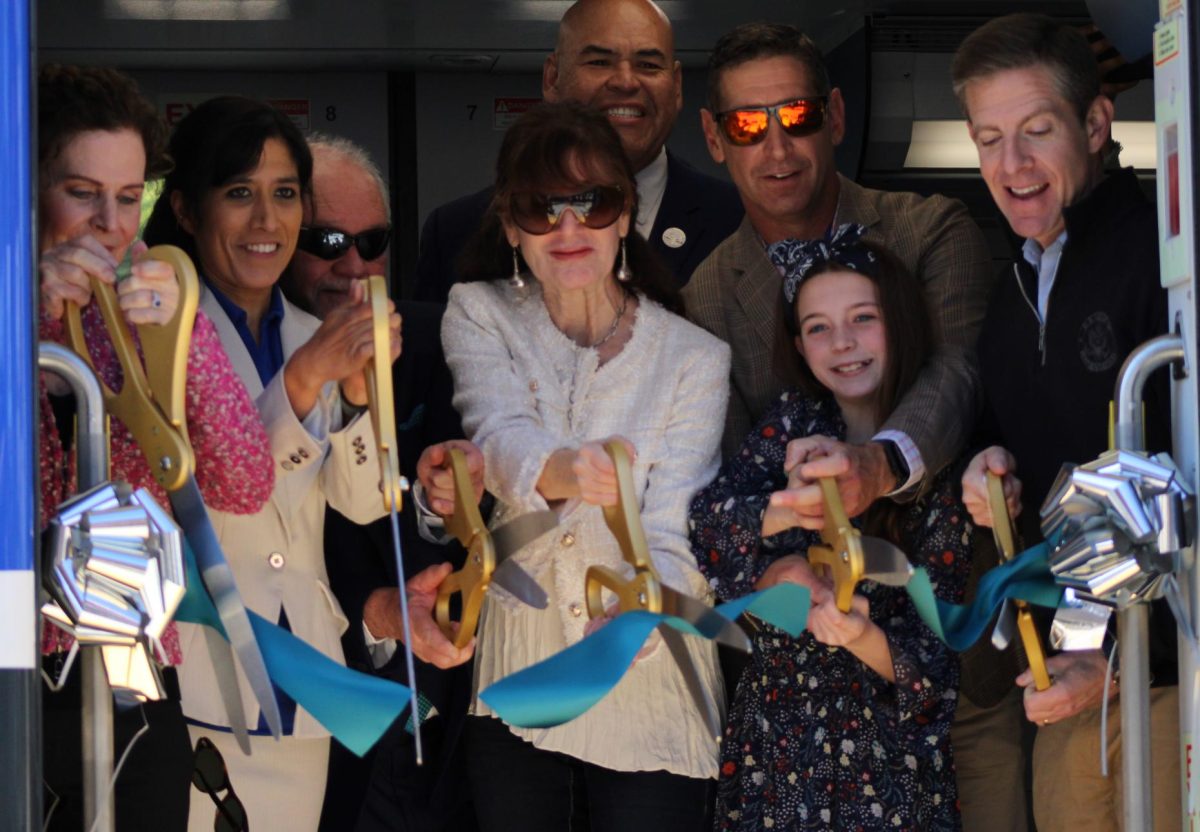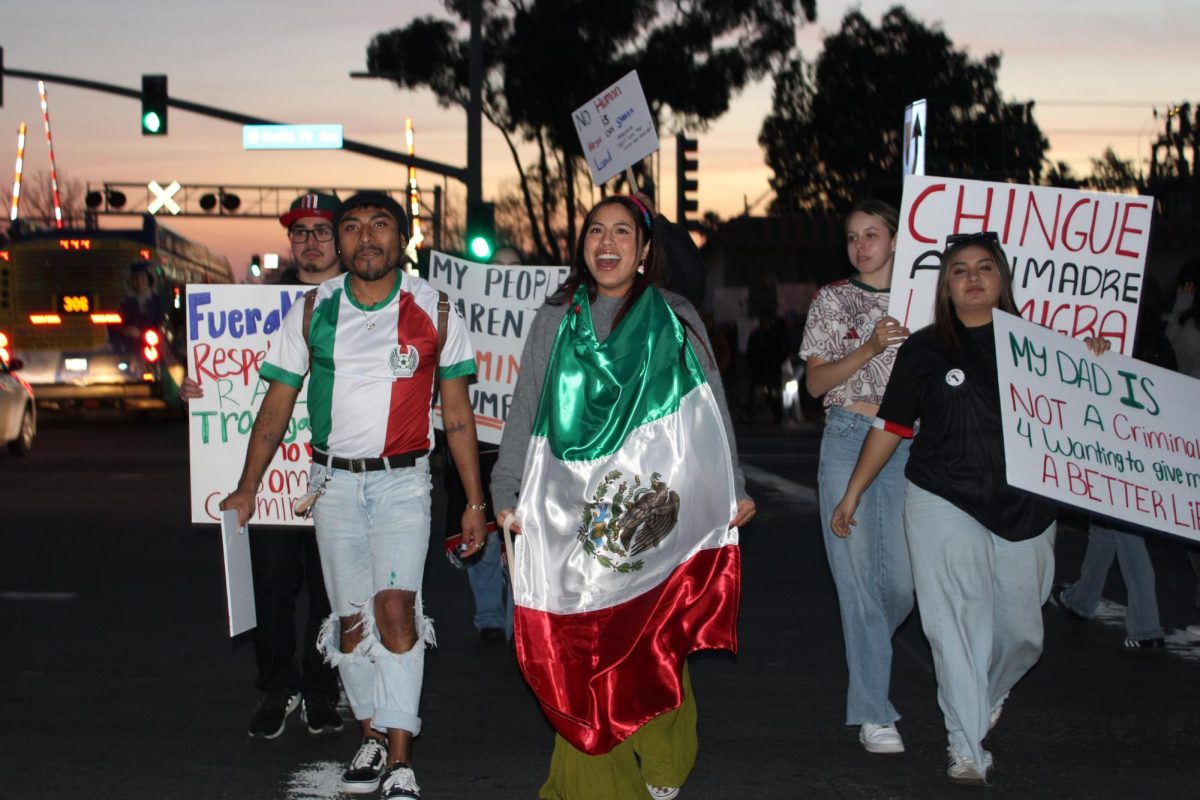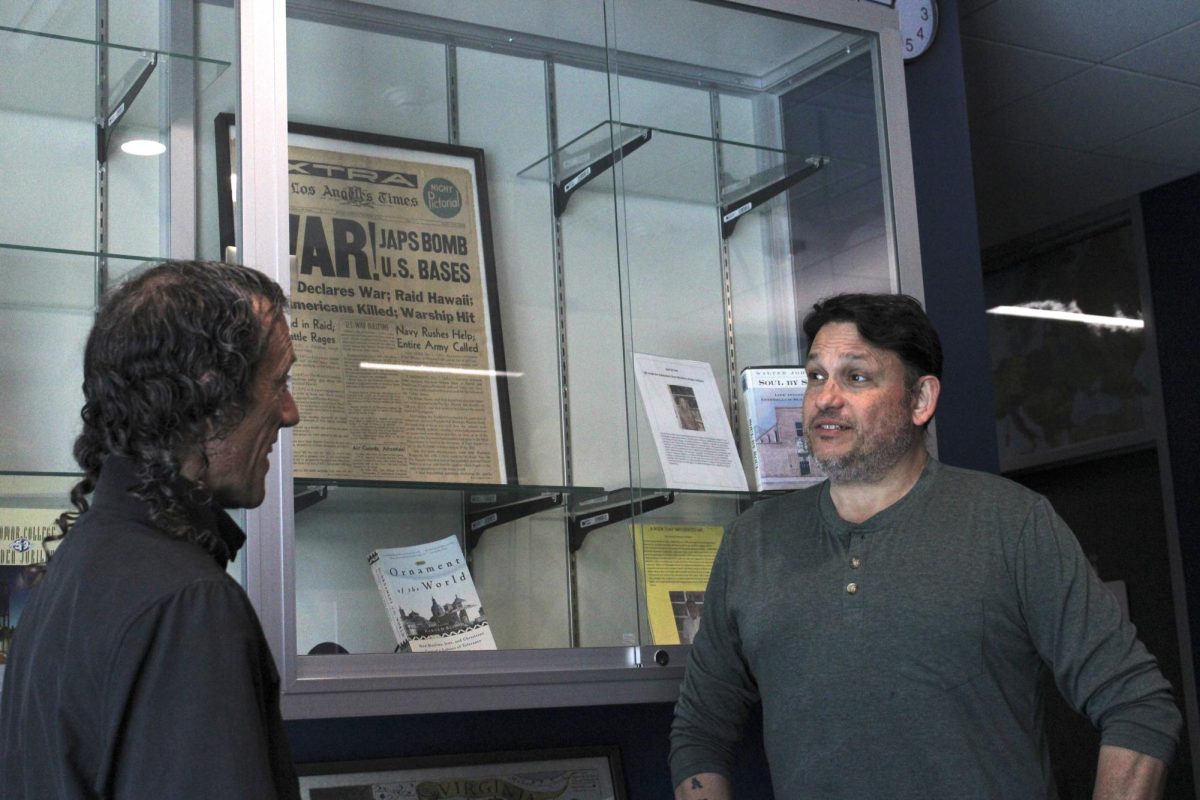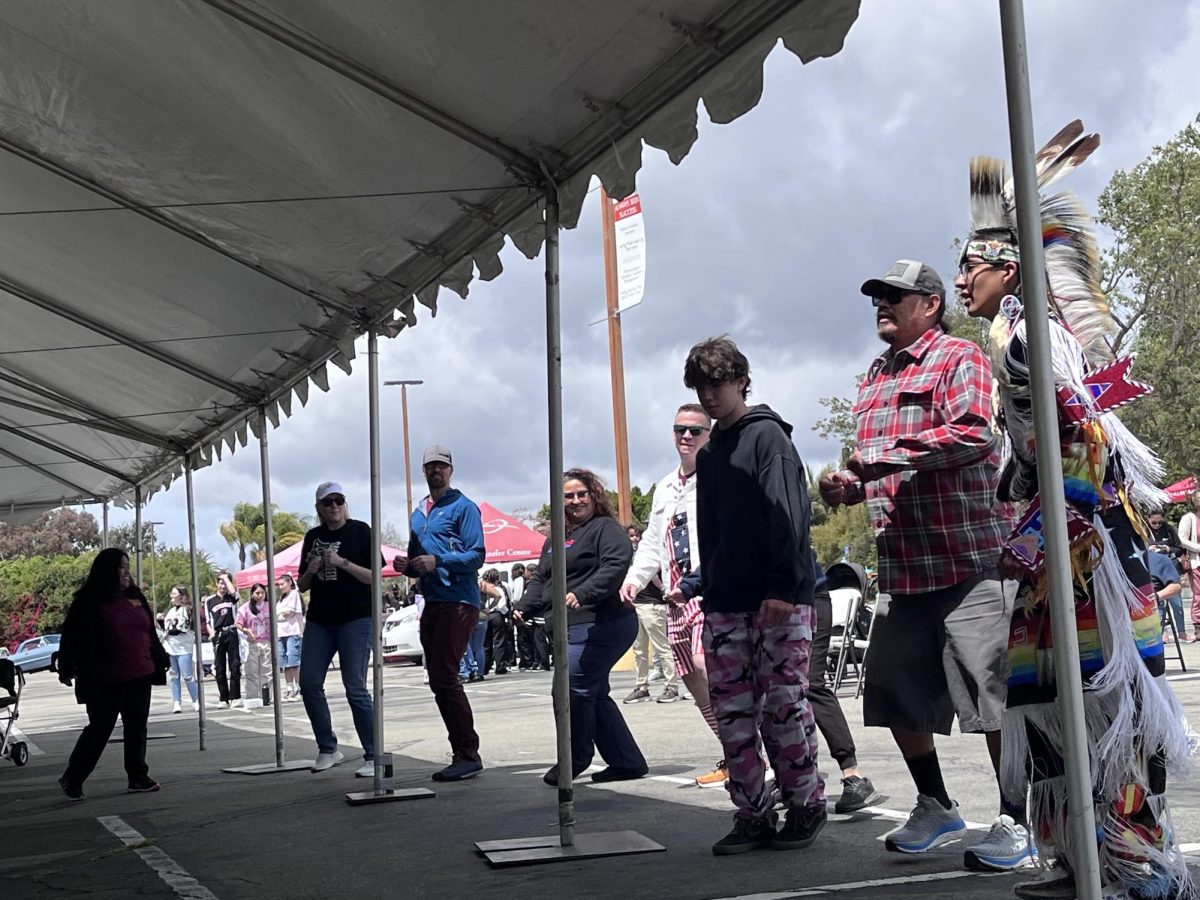Story by Ashley Yellich and Alexis Espinoza
Proposition 18, which would allow young voters the ability to vote in the primary election as early as 17 years old, looks to be defeated according to the State Registrar of Voters.
Voting for the election is officially being tallied up. Mail-in ballots will take some time to be counted alongside all of the people who voted on Nov. 3, but there are already results for the public’s view of the amendment.
As of the morning of Nov. 4, the majority vote is opposed. 6.3 million Americans voted no to Prop 18, about 55% of the votes counted so far. 5.1 million votes are supportive of the proposition, about 45%.
Proposition 18 has been dubbed the “Primary Voting for 17-Year-Olds Amendment” in the 2020 election. It advocates for any 17-year-old who will be 18 years old by the time of the next general election to be able to vote in any primary or special election.
By voting yes, you will be supporting 17-year-old voting rights under these special circumstances. By voting no, you oppose this constitutional amendment and continue to prohibit 17-year-olds from being able to vote under these circumstances.
Karen Ruiz is a first time voter in this year’s primary election. She has been deliberately researching her options for the ballot. She is adamant to vote for the propositions she supports and not to be manipulated by paid ads.
Prop. 18 has especially concerned her since most voters seem to be disregarding it entirely. She believes allowing young voters to be involved in these decisions as early as 17 will motivate them to participate. This would result in a spike of younger voters becoming more involved because they are a part of the entire voting cycle.
“I don’t think one age of a difference,” Ruiz stated, “Between the existing voting age will make a drastic difference in the beliefs of these people or their opinion on how this country should run to be the most efficient.”
Some states already allow for 17-year-olds to vote in primary and special elections under these conditions, including Nebraska, Indiana, New Mexico and 14 other states. Washington D.C. also abides by this policy.
Fiscal impacts of this amendment, predicted on the 2020 ballot, include:
- Increased costs for counties, likely between several hundreds of thousands of dollars and $1 million every two years, to send and process voting materials to eligible registered 17-year-olds.
- Increased one-time costs to the state in the hundreds of thousands of dollars to update existing voter registration systems.
To find out more about Prop. 18 and the progress of the election, visit Ballotpedia for more information.












